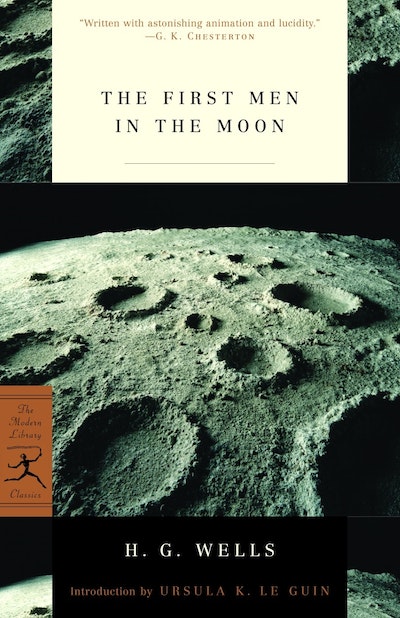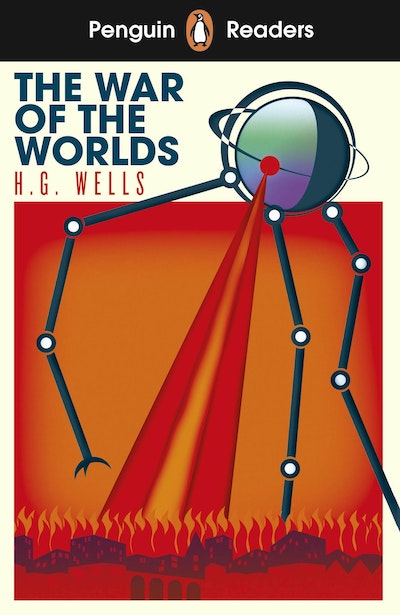- Published: 1 October 2003
- ISBN: 9780812968316
- Imprint: Random House US Group
- Format: Paperback
- Pages: 272
- RRP: $32.99
The First Men in the Moon
“Why do people read science fiction? In hopes of receiving such writing as this—a ravishingly accurate vision of things unseen; an utterly unexpected yet necessary beauty.” So says Ursula K. Le Guin in her Introduction to The First Men in the Moon, H. G. Wells’s 1901 tale of space travel. Heavily criticized upon publication for its fantastic ideas, it is now justly considered a science fiction classic.
Cavor, a brilliant scientist who accidentally produces a gravity-defying substance, builds a spaceship and, along with the materialistic Bedford, travels to the moon. The coldly intellectual Cavor seeks knowledge, while Bedford seeks fortune. Instead of insight and gold they encounter the Selenites, a horrifying race of biologically engineered creatures who viciously, and successfully, defend their home.
- Published: 1 October 2003
- ISBN: 9780812968316
- Imprint: Random House US Group
- Format: Paperback
- Pages: 272
- RRP: $32.99
































































































































































































































































































































































































































































































































































































































































































































































































































